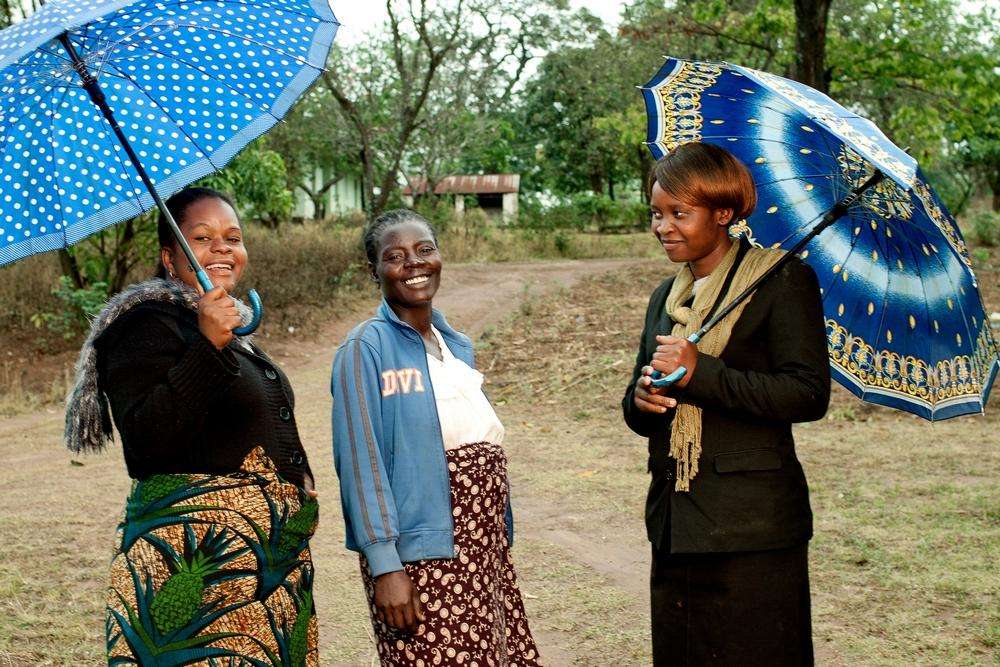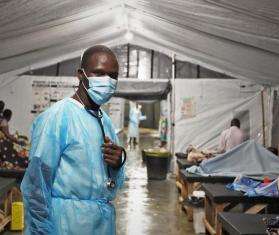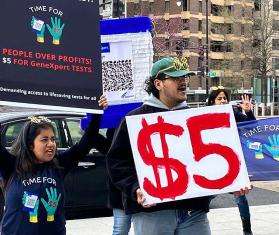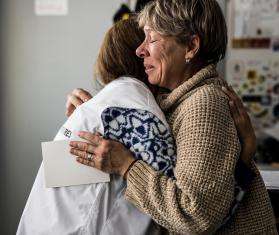The global response to HIV/AIDS is neglecting crucial but underfunded resources necessary to keeping millions of people on lifelong, daily care, especially in sub-Saharan Africa, the region with the double challenge of addressing high HIV and tuberculosis (TB) burdens with the lowest number of health care workers. Doctors Without Borders/Médecins Sans Frontières (MSF) has released a report, “HIV/TB counselling: Who is Doing the Job?” ahead of the 2015 International AIDS Summit (IAS) on HIV Pathogenesis, Treatment and Prevention.
The report is based on case studies from eight sub-Saharan African countries and documents how the lack of financial and political support for HIV and TB counsellors remains a major stumbling block to reaching UNAIDS’ target of 90 percent of people living with HIV knowing their status, 90 percent of them initiated in care, and 90 percent achieving an undetectable viral load within five years.
MSF found highly variable job profiles, deployment, and training of lay counsellors. Five out of the eight countries were 100 percent reliant on donor funding for lay counsellors programs and five had not yet begun the process of adding these essential workers to the health care workers rolls. Without recognition and support for lay counsellors, there is little chance of ramping up testing, linking people to care, and helping people stay adherent on antiretroviral treatment (ART).
“Testing people for HIV and initiating them on antiretroviral treatment is like starting them on a lifelong marathon race against the virus,” said Dr. Helen Bygrave, MSF’s HIV advisor. “But it is only a start: people living with HIV need support to run this endless race, but support is only patchily provided.”
Zambia was the only country with a recognized counselling cadre among its civil servants, partially funded by the government. In Lesotho, the worsening of the HIV national program in 2012 was attributed partly to the failure to retain or support counsellors. In Mozambique, where one in three persons abandon antiretroviral treatment within a year of initiation, the small number of counsellors working are entirely dependent on international donor funding and policies. In South Africa, an MSF study found that while the rate of treatment failure is double for children as compared to adults, they are able to attain high rates of virus resuppression (77 percent) when they are helped by trained counsellors.
“People living with a chronic disease, be it diabetes, hypertension or HIV, know that adherence to lifelong treatment is a skill that needs to be learned,” said Saar Baert, MSF’s patient support coordinator. “What people on ART need most are not only medics but also counsellors who know their daily realities and can support them to surmount obstacles to adhere to their treatment and remaining in effective care, especially in resource-poor countries. Counsellors need to be properly trained, supervised, and paid. They are an investment for the future.”
Ready the report "HIV/TB Counselling: Who is Doing the Job?"
Read "The Evolution of Preventing Mother-to-Child Transmission of HIV" in Because Tomorrow Needs Her.





